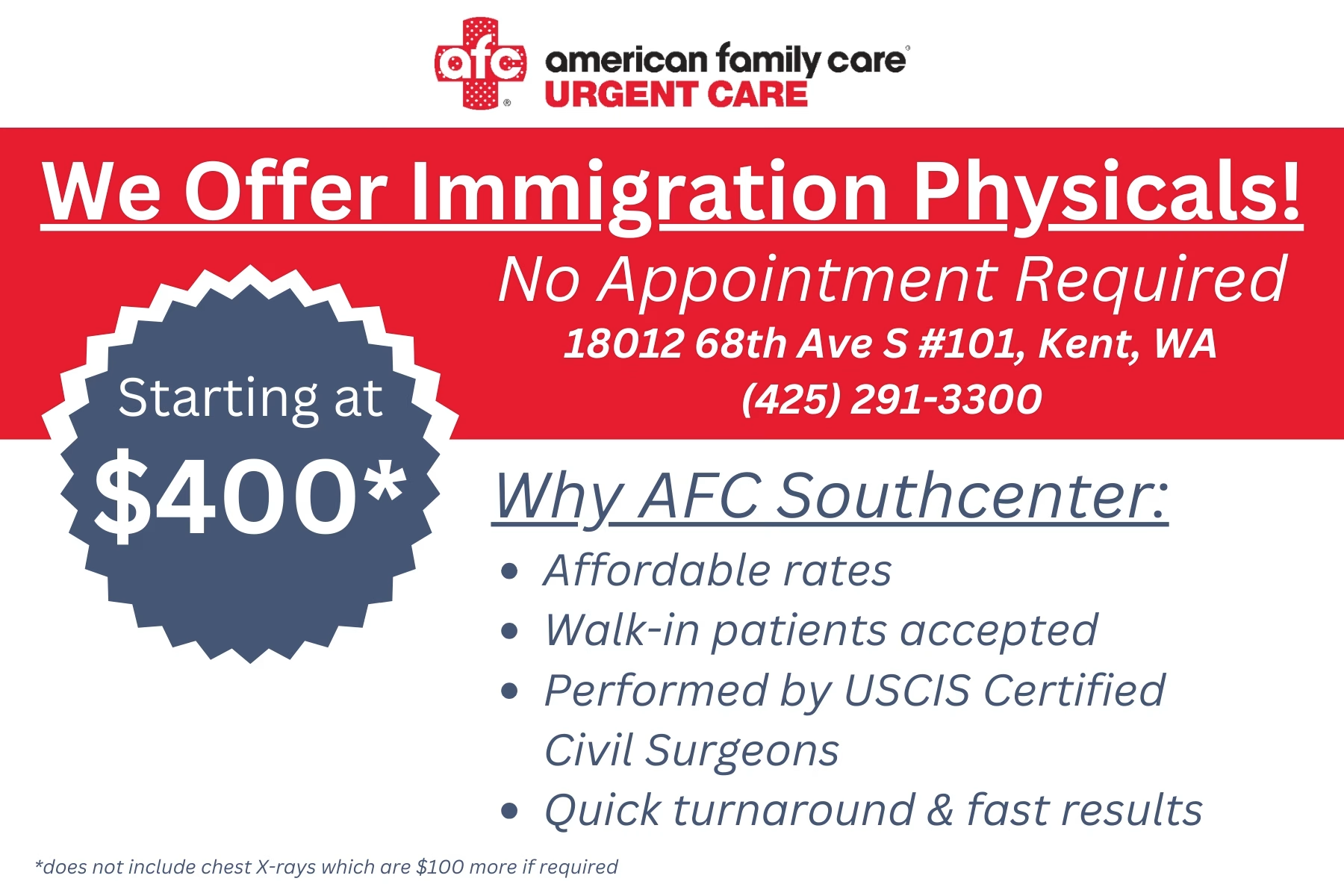It is estimated that over 100 million adults in the United States suffer from seasonal allergies, according to the Center for Disease Control and Prevention (CDC). These symptoms are particularly common around September as medical professionals record a sudden increase in cold and feverish cases.
September sniffles are gradually becoming more prevalent than ever due to climate change which is causing more extreme seasonal changes. This change tends to favor pollen longevity in the atmosphere, affecting millions all around the world. This article provides insight into how to differentiate between cold and seasonal allergies and offers ways how to tackle them effectively.
Signs that you have a cold
Seasonal allergies often come along with symptoms related to having a cold, however, there are differences between both ailments. Colds are viral infections that affect the respiratory tract and are often caused by Rhinovirus or other viruses. The following symptoms are 10 sure signs that indicate a cold:
- Stuffy nose
- Sore throat
- Fatigue
- Headache
- Fever
- Swollen lymphatic nodes
- Watery eyes
- Itchy throat
- Chills
- Body ache
Signs that you have seasonal allergies
The symptoms of seasonal allergies are similar to having a cold. However, the major difference between both is the causing agent. Seasonal allergies are due to pollens or allergens in the environment that trigger a hypersensitive reaction in the body, which is also known as an allergic response. These allergens are mainly pollen from flowering plants, trees, and grasses and are transported by pollinating insects like bees, water, or wind.
When you inhale something like pollen that you are allergic to, the immune system regards it as a harmful, foreign object and triggers a defensive reaction to get rid of it. These subsequent symptoms made by the body create allergy symptoms.
The following are symptoms of seasonal allergies:
- Sneezing
- Ear and throat congestion
- Throat itchiness
- Watery eyes
- Runny nose
- Short, subsequent coughs
- Occurrence of allergic shiners, which are swollen or bruised skin beneath the eyes
- Headache
- Shortness of breath
Do You Need to Visit Urgent Care for Allergies or Colds?
Seasonal allergic symptoms can vary in severity. Although annoying, most symptoms can be managed at home. Steps such as following the dosage instructions on common over the counter medications and following proper hygiene rules like frequently washing your hands will help you prevent cold & allergy symptoms.
If your symptoms are severe or persistent, the medical professionals at AFC Urgent Care Southcenter can help you diagnose the issue and mitigate your symptoms. Our medical team is able to provide treatment for allergic reactions and also proffer various treatment solutions that can provide immediate relief such as nasal sprays, steroid inhalers, OTC prescriptions, and allergy shots.
Visit AFC Urgent Care Southcenter for Cold & Allergy Treatment near Kent, WA
AFC Urgent Care Southcenter can help you mitigate your seasonal cold & allergy symptoms. We accept walk-ins, meaning there is no requirement for an appointment to get swift relief of your symptoms. We also accept most major insurance plans and offer discounted self-payment plans. Walk-in today.



